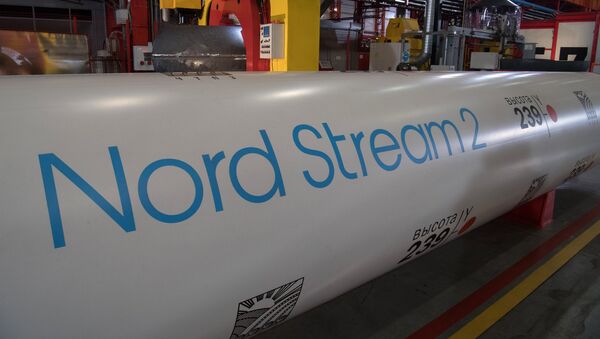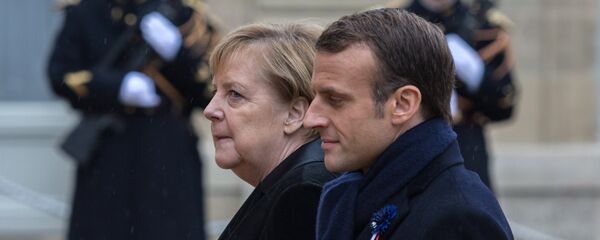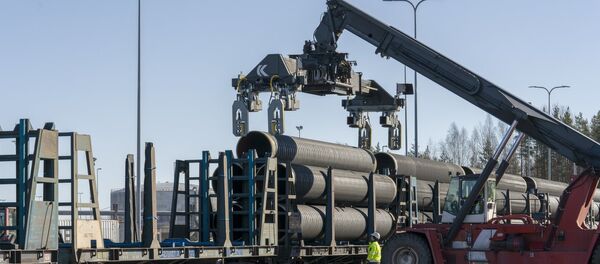EU nations have tightened rules on the Nord Stream 2 gas pipeline, which is expected to run from Russia through the Baltic Sea to a hub in Germany, but have stopped short of changes that could have undermined the project.
Here’s what they decided:
The rules also include so-called ownership unbundling, which means that the pipes will not be directly owned by the gas supplier, and require at least 10 percent of the capacity to be offered to third parties.
READ MORE: Nord Stream 2 AG Says Discrimination Possible Under Revised EU Gas Doctrine
Under the Franco-German proposal, which only Bulgaria voted against, Berlin will get to decide how to apply those rules.
What was the issue with the project?
EU member-states have been divided on the pipeline’s construction because some of them fear it would make them more dependent on Russian gas, while others said it should come under the bloc’s energy rules.
On the other hand, the United States, which is itself a major gas producer, was also fuelling concerns that the project would increase Europe’s dependence on Russian gas. Washington has suggested that companies involved in the project could become vulnerable to energy-related sanctions against Moscow.
Russia, however, has hit back at the US by saying that it was pursuing its companies’ interests to sell more expensive LNG to its transatlantic allies. German Chancellor Angela Merkel also stressed that the project would not make Berlin dependent on Russia, if Germany diversifies its energy suppliers.
When’s the due date?
Now that the proposal has gained enough support, EU Council officials will start negotiations with the European Parliament next week to finalise the reform.
READ MORE: Washington Reportedly Ramps Up Pressure on EU to Block Nord Stream 2 Project
The pipeline, which involves such European companies as French Engie, Austrian OMV AG, UK-Dutch Royal Dutch Shell, German Uniper, and Wintershall, is expected to be wrapped up by the end of this year.




